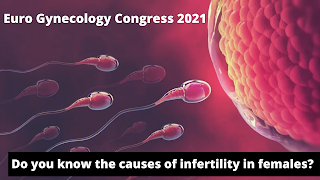How to Fix Stress Induced Amenorrhea?

Stress is defined as a perception of physical or emotional tension. Acute stress is short-term stress that goes away quickly whereas the chronic stress lasts for a longer period of time. Your body responds to the stress conditions by releasing different hormones. These hormones make helps the brain to make it more alert, and ultimately causes the muscles to tense. Amenorrhea is a medical condition of missed or lack of menstrual cycle. Cortisol is a hormone which is released by the body under the stress conditions. It can interact with the hypothalamus and result in the lack or irregular periods. In the cases such as pregnancy it is very common to see the condition of amenorrhea. Beyond the functions of menstruation Estrogenic and progesterone play a major role in stabilizing the mood, Promotes healthy bone strength and increases the cardiac health. Other issues such as Thyroid hormones imbalances can also cause disturbances of the menstrual cycle. PCOS can be a major cause of lack ...



